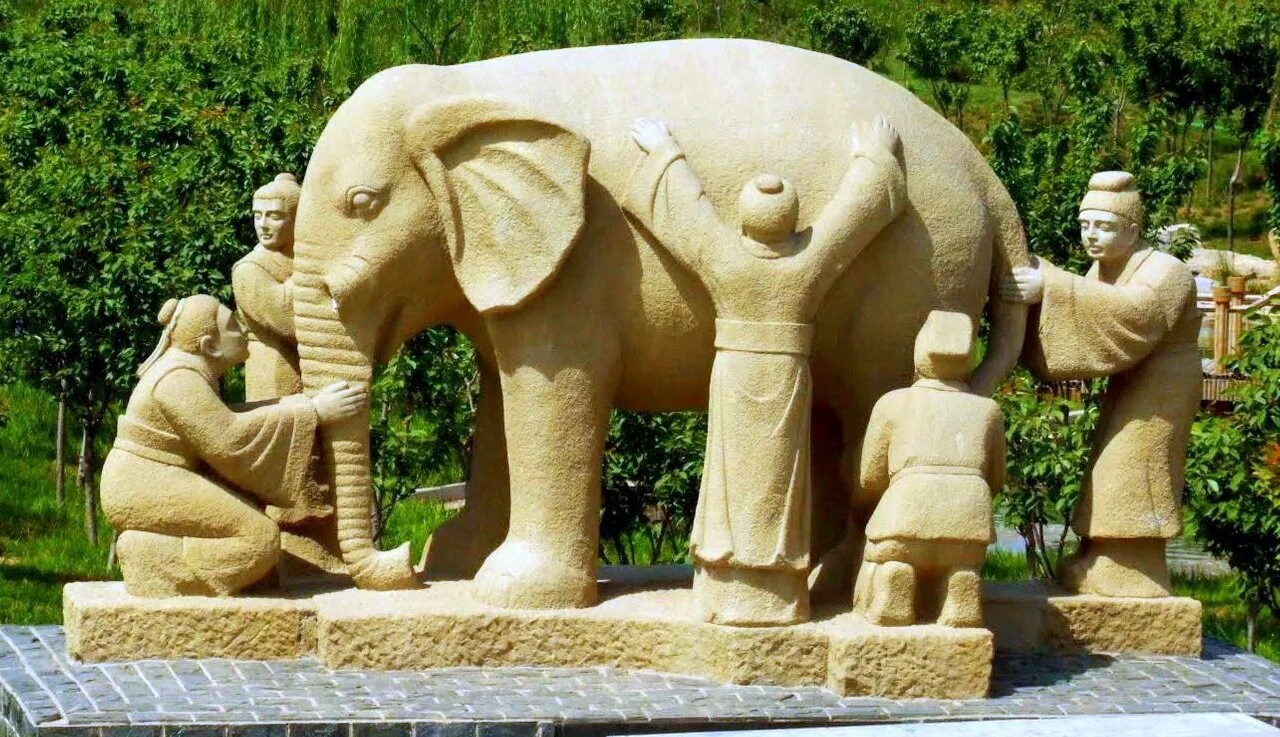Elite sport is not immune to shifts in cultural norms and conventions in wider society. The number of diversity and inclusion roles have increased 60% in the UK over the past five years, and this has started to be mirrored in sporting organisations. The governance and national sport systems for Olympic sports are government funded, so it perhaps unsurprising that these organisations might be prompted to adopt policy that is becoming the norm in other sectors. That said, professional sports have also begun to follow this trend, notably in the US. In this post we consider what diversity and inclusion means in the context of sport at elite level.
Triangulating a Position
As the value of cognitive diversity becomes more recognised, what is striking is how slow we have been to realise the need to revise our habitual ways of consuming information and interacting with those who hold contrary views. Whilst pioneers who think different are celebrated in modern western culture, in reality we are far less amenable to entertaining disagreement and diverging ideas. In the professional and academic realm we are quick to follow an authority and align with a school of thought. The hordes are likewise quick to leap into the breach to defend the doctrine against perceived challenge or dissenting views. If anything debates in all circles are increasingly polarised, as the assembled masses flock to either one side or the other. We might appreciate cognitive diversity on a conceptual level, but on a practical level we are clearly not there yet. So what steps can we take to enjoy the benefits of cognitive diversity and open our minds to the possibilities as we form our opinions?






